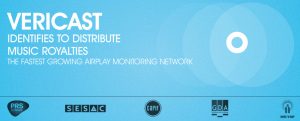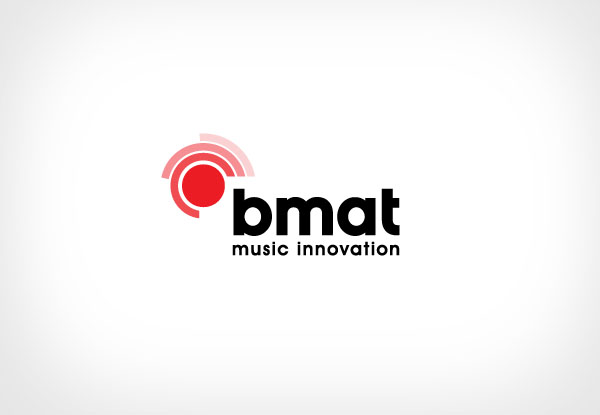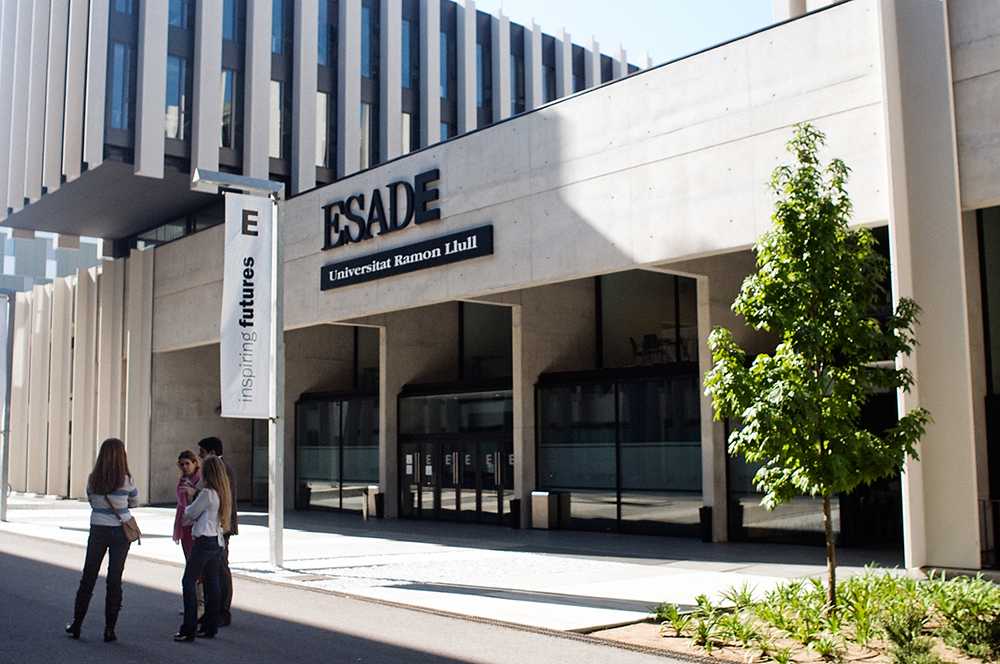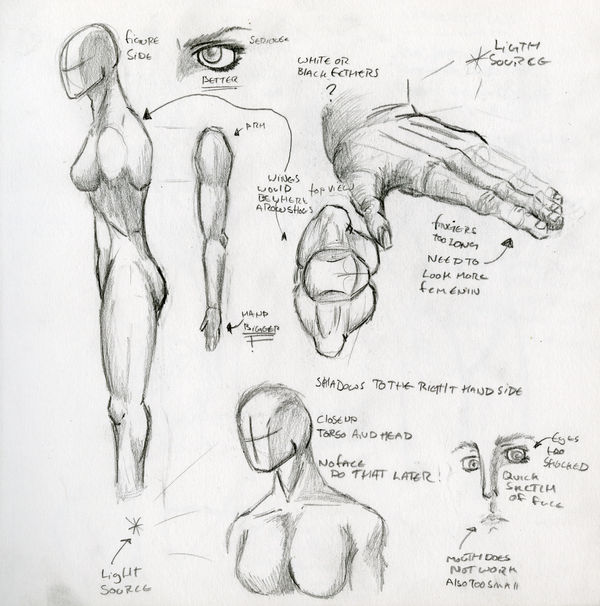Whether you’re attracted to the city for its music or its startup scene, anyone looking to rent a flat in Barcelona is sure to find the Barcelona apartments to suit their tastes through ShBarcelona.
Barcelona is renowned for its rich music scene. It’s therefore of little surprise that the city boasts a similarly diverse array of music startups. One of the most prominent of these is BMAT (Barcelona Music and Audio Technologies).



“Our aim is creating software that can interpret music just like a person can,” says CEO Àlex Loscos.
Founded in 2006, BMAT’s roots lie in the Music Technology Group (MTG) at Barcelona’s University Pompeu Fabra, the world’s largest research lab in computer music science. Observing growing industry interest in the audio technologies created at the MTG lab, MTG alumni and BMAT’s future founders saw the opportunity to commercialize some of the research taking place there. The university allowed them to form a separate company using MTG’s technology under an exclusive license and today maintains a 5% share in BMAT as well as receiving royalties from sales of BMAT products.
Related article: Why join Barcelona’s startup scene
In 2009, BMAT won the first edition of Hit Barcelona’s Global Entrepreneurship Competition, and with it an award €50,000 and inclusion in the business development programs provided by Barcelona Activa and 22@Barcelona. It received additional government support in soft loans and grants but is yet to receive any venture capital funding. Despite this, the company is already in profit, and today counts a wide-range of clients connected to the music industry.
These clients range from performing rights organisations, such as ASCAP the leading Performing Rights Organization in the U.S.A.; labels and publishers, including the world’s largest music content company Universal Music Group; digital platforms and music services such as Red Karaoke; telecommunications and communications companies including Intel and Samsung; and entertainment & media groups including Spain’s Kiss FM radio station.
Related article: Which Barcelona startup support is right for you?
The technology BMAT provides to these clients is available in three distinct products. The first that was released by the company was the singing evaluation system SKORE. SKORE, BMAT claims, is the first software available that can objectively analyze and evaluate singing performances. SKORE can be used to compete with friends and improve singing skills and can be easily implemented into social networking, online gaming and karaoke platforms. A second product is ELLA, an audio analysis, search and recommendation engine that can help media services to understand and personalize music.



The success of these products has led BMAT to focusing on their development rather than the creation of new products. With the protection of performance rights becoming an increasingly crucial issue for the music issue, BMAT can look forward to a prosperous future.





















Leave a Comment